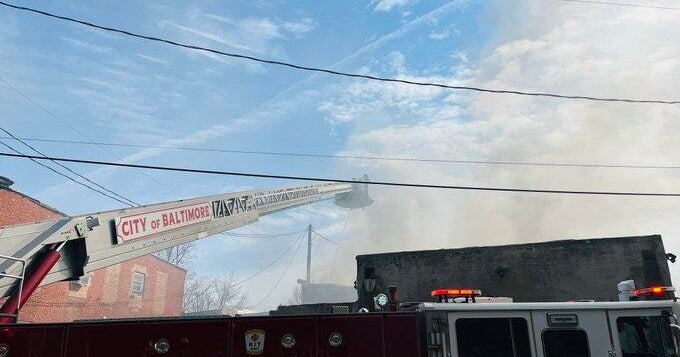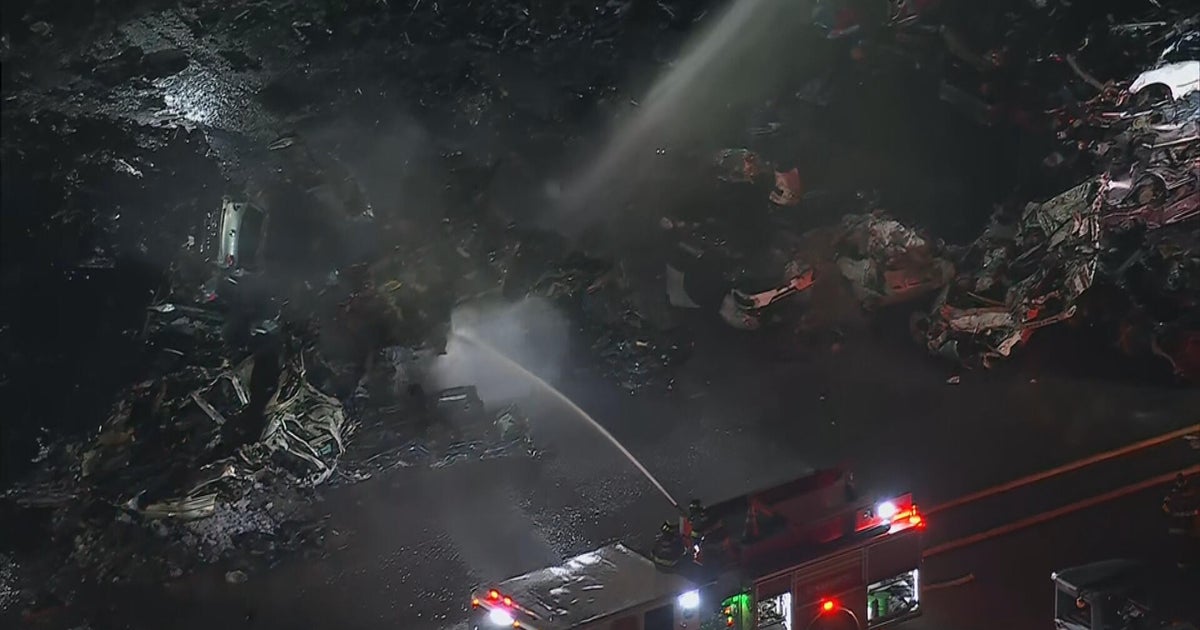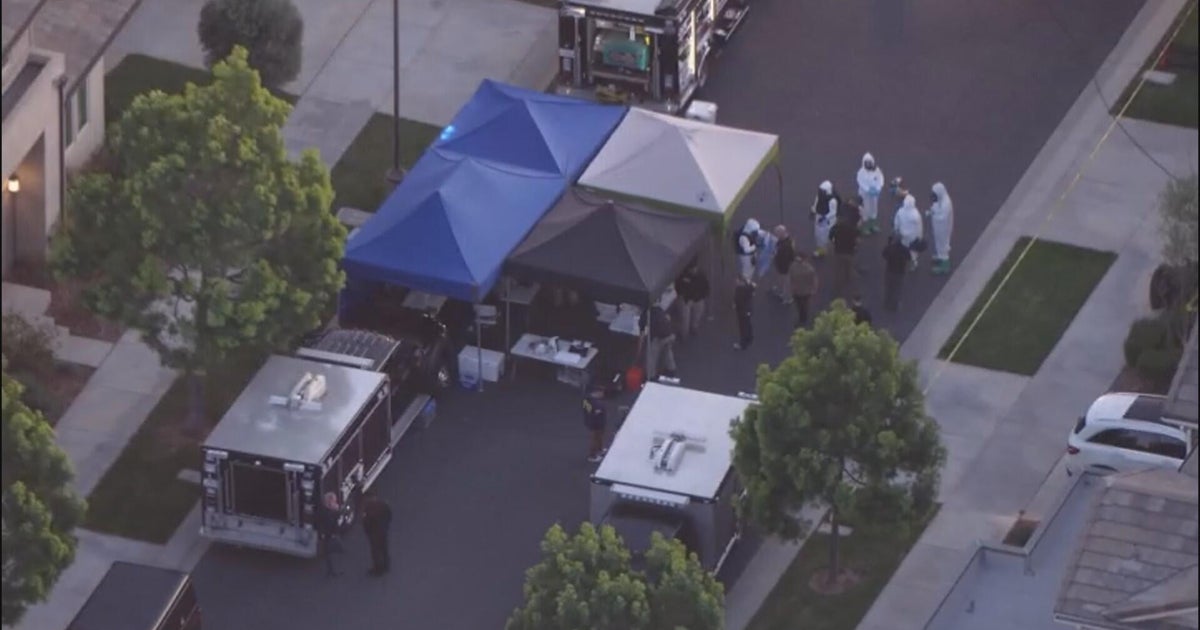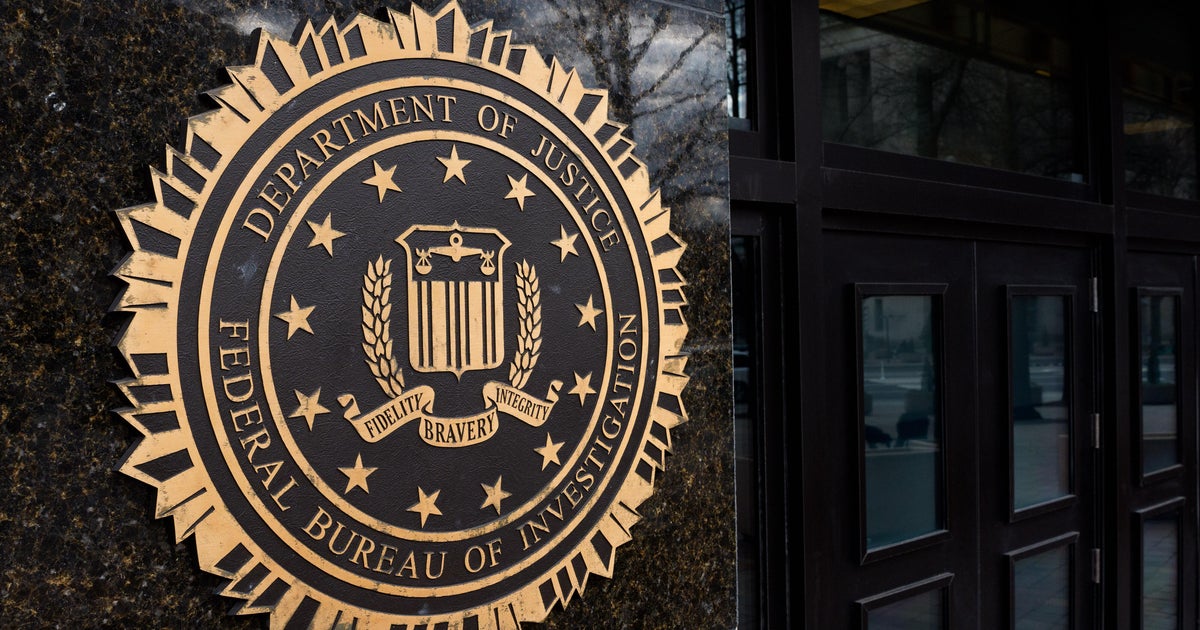Fired Baltimore health commissioner Dr. Ihuoma Emenuga reportedly under criminal investigation
BALTIMORE - Former Baltimore City Health Commissioner Dr. Ihuoma Emenuga was fired after Mayor Brandon Scott learned she was under a criminal investigation, according to WJZ's media partner The Baltimore Banner.
Emenuga was nominated by Scott last November and sworn in back in March to run the health department. She was the subject of a probe by the Baltimore Office of the Inspector General, which then made a criminal referral to the Office of the State Prosecutor according to the Banner, citing multiple people familiar with the matter.
The Office of the State Prosecutor has opened an investigation, focusing in part on work Emenuga did at Chase Brexton, a nonprofit healthcare provider, while also serving as city health commissioner, the Banner reported.
The mayor's office has not confirmed details of why Emenuga is out of the high-profile job.
Deputy City Administrator Simone Johnson will fill the role while Baltimore City begins a nationwide search for its next health commissioner.
The Baltimore Mayor's Office said Johnson has more than two decades of local and state government experience. She was Chief of Staff and Chief Operating Officer at the Baltimore City Health Department and Chief of Staff at the State Department of Housing and the Maryland Transit Administration.
Prior praise for Emenuga
Mayor Scott swore in Dr Emenuga with much fanfare back in March. At the time, he praised her efforts to make healthcare more equitable.
"She is the right person to lead our health department into the future," Mayor Brandon Scott said at the March 20 ceremony.
That future did not last long.
A short press release published after business hours Monday announced that, "Dr. Ihuoma Emenuga will no longer serve as the Baltimore City Health Commissioner and is no longer employed by the city of Baltimore, effective immediately."
No further explanation was given.
WJZ Investigator Mike Hellgren reached out to Emengua Tuesday, but she did not return calls for comment.
Her departure was so sudden that Emenuga's biography remained active on the health department's website as of Tuesday afternoon.
Overdose death rate concerns
Baltimore City has faced concerning recent headlines including a joint New York Times/Baltimore Banner investigation that called Baltimore the "U.S. overdose capital" and found people were dying "at rates never before seen in a major American city."
Dr. Letitia Dzirasa, who was the health commissioner throughout the COVID-19 pandemic, left to become a deputy mayor earlier this year. She vacated that position and city government altogether after just a few months.
Prior to taking over as health commissioner, Emenuga had managed several healthcare providers, including Chase Brexton, and worked with the city's health department leading youth wellness efforts.
"My goal is to make healthcare accessible, not only for those who can advocate for themselves, but also for our most vulnerable populations—for everyone," she said in March.
Search for a new health commissioner
"Baltimore City needs the balance and the stability in thinking about how we ensure that we have improved health outcomes in areas that are challenging," said Michelle Spencer, who served for almost a decade as chief of staff for several health commissioners, including Dr. Peter Bielenson and Dr. Joshua Sharfstein. She is currently with Johns Hopkins.
"Having someone that we can turn to and look to is critically important," Spencer said. "I would suspect that there are dynamic individuals who would rise to the occasion in thinking about what they can do to be a light to Baltimore City relative to its health."
Spencer also noted that transparency is important.
"You find someone who is innovative. You find someone who is constantly inspiring. You find someone who is so committed to the job that it's not necessarily about themselves," she said. "As the mayor and his cabinet are looking forward and thinking about what this process looks like and begin this process, it's critically important that there's a diversity of individuals who are part of that process, both as candidates and as selection committee members, and that there's transparency so that the public is aware of what is happening and can give voice to the process."
Maryland's opioid dashboard
Maryland's health department rolled out a new dashboard that can paint a clear image of the opioid crisis.
The interactive dashboard allows people to zoom in and see where deadly overdoses are located and who is impacted the most by the ongoing opioid crisis. It also compiles data on non-fatal emergency department visits and incidents when Naloxone, an overdose reversal medication, was administered by EMS.







